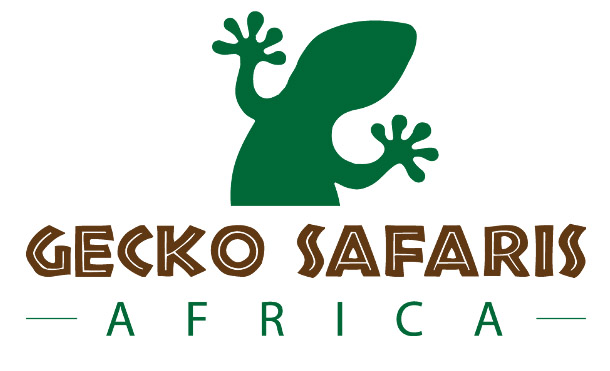How Gorilla Trekking Benefits Conservation
Gorilla trekking is more than a once-in-a-lifetime adventure — it’s a vital tool for conservation. Every trek into Africa’s misty forests helps protect the critically endangered mountain gorillas and uplifts surrounding communities. Here’s how your gorilla trekking experience plays a key role in wildlife conservation.

-
Gorilla Permits Fund Conservation Programs
Gorilla trekking permits are not just entry tickets — they directly fund conservation. In Rwanda, Uganda, and the Democratic Republic of Congo (DRC), a significant portion of the permit fee goes to national parks and conservation authorities. These funds support:
- Anti-poaching patrols
- Veterinary care for injured gorillas
- Gorilla habitat protection
- Research and monitoring programs
Without tourism revenue, these critical conservation activities would struggle to survive.
-
Creating Economic Incentives to Protect Gorillas
Gorilla trekking gives wildlife a tangible value to local economies. When communities benefit financially from gorilla tourism, they become protectors rather than poachers. Income generated from permits, jobs, and tourism activities motivates locals to conserve rather than exploit wildlife. Many community-run projects now thrive around gorilla habitats, including:
- Handicraft markets
- Cultural performances
- Guided nature walks
- Sustainable lodges
-
Job Creation and Community Empowerment
Gorilla trekking creates employment opportunities for thousands of people living near protected areas. These include:
- Park rangers
- Guides and trackers
- Lodge staff
- Porters
- Local farmers supplying food
Employment reduces dependence on illegal forest activities like logging or poaching and strengthens community support for conservation.
-
Funding Gorilla Healthcare and Monitoring
Tourism revenue also supports the work of organizations like the Gorilla Doctors, who provide medical care to gorillas suffering from injuries, illness, or human-wildlife conflict.
Regular monitoring ensures that gorillas stay healthy, safe, and accounted for — essential for a species with fewer than 1,100 individuals left in the wild.
-
Supporting Conservation Education
Many gorilla trekking programs invest in educating local communities, especially the younger generation, about the importance of conservation. Awareness campaigns, school programs, and wildlife education centers help build a future where humans and gorillas coexist peacefully.
-
Preserving Gorilla Habitats
Revenue from gorilla trekking supports reforestation and habitat restoration projects. Protecting the gorilla’s forest home is vital for their survival and benefits other species living in the ecosystem.
-
Strengthening Anti-Poaching Efforts
Funds generated from trekking contribute to equipping and training anti-poaching units. These rangers patrol the parks, remove snares, and protect wildlife from illegal activities.
Plan Your Gorilla Trekking Adventure
Ready to make a positive impact? Book your gorilla trekking safari with a responsible operator like Gecko Safaris Africa and be part of the conservation story. Gorilla trekking benefits conservation in powerful ways. By visiting mountain gorillas responsibly, you become part of a global effort to save one of the world’s most iconic species. Your presence in Rwanda, Uganda, or the DRC not only creates memories but also directly protects the future of mountain gorillas and supports the people who share their forests.

